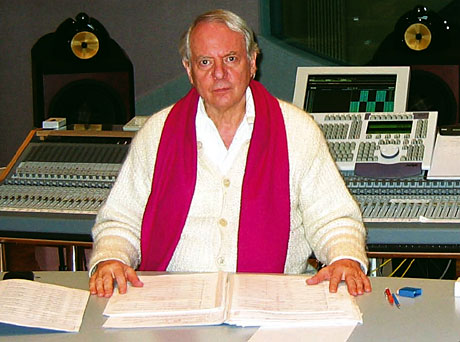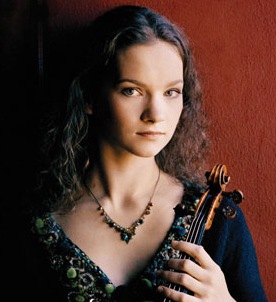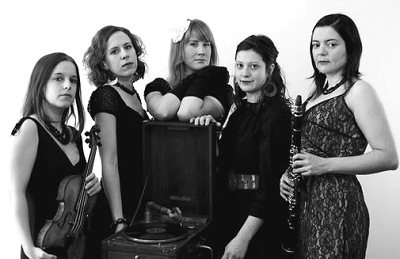Received this from reader Richard Mitnick as a comment on another post:
Sorry-
I searched all over S21 for a place to simply ask a question.
I want to know if there will be any response from S21 on WNYC taking over WQXR.
What I think I posted at my own weblog, http://richardmitnick.wordpress.com.
But, I am not a professional. It would seem to me that WNYC, John S., David G., and certainly Nadia S. would be very important for New Music; anything smacking of the mediocrity of WQXR should be anathema.
So, will there be any comment? Sorry to put this here, I found no better place. >>RSM
Well Richard, now there’s this post for all the appropriate angst and hand-wringing. What about it, people, is this great or awful? On the one hand, the New York Times definitely couldn’t afford to keep it running, and in that sense WNYC saves the day. But the change of WQXR from a commercial to a public radio station might be the start of something less good; if they follow the path of most other previously-all-classical public stations, the tendency has been to eventually lose some of the local or unique classical content for more “NPR”-ish offerings. WNYC might also look to offload some of its own stuff to WQXR as well, who knows? Public donations will need to cover both stations too, and that slice of the discretionary-income pie might not be able to expand to cover everything down the road. The other big issue is power: the frequency they’re moving to is a weak one, with nothing like their current reach. It would seem to me to be a “cross your fingers and wait” kind of thing. “It was the best of times, it was the worst of times“…


 Last week the
Last week the 




